What according to Mr. Yash Birla is anxiety?
Sometimes, when you wake up don’t you feel a lack of motivation? Waking up in a groggy and heavy feeling mood affects the control of the cell in your body and states to the caution of anxiety. Such an anxiety attack makes it tough for your body and mind to focus on your daily achievement. In this case, you feel like running off from the responsibilities.
Your anxiety can be a leading sign to face a panic attack, overtaking you when you least expect it. Anxiety can also deprive you of the fear of social anxiety.
Sometimes, it even overcomes you when you’re spending time with people you’re very comfortable with, like family and close friends. At its worst, you experience a feeling of disassociation, like you’re outside of your body, watching and critically analyzing everything you say and do. You are afraid that everyone can see how messed up you are, so you try even harder to appear normal. Underneath it all, you’re incredibly tense, anxious, and wanting more than anything to escape.
What Is Meditation?
Medication is the root to encrypt peace in your life. It is determined by Buddhist Philosophy. Medication is a practice to achieve peace and focusing on the power of nature. Medication is a state of the art that has the goal of helping in entering into a deep state of relaxation or a state of resting by using various kinds of simple mantras.
Because meditation helps to reduce stress and fatigue, its helpfulness for those with a generalized anxiety disorder—who suffer from chronic anxiety and often insomnia—is easy to comprehend.
Where Mindfulness Comes In?
The ideas of meditation and mindfulness are very much like. While reflection normally includes attempting to enter an alternate condition of cognizance, mindfulness implies getting mindful of the current second. Along these lines, you may consider care one stage on the way toward reflection. Both of these practices might be useful for lessening tension since they empower you to diminish stress and be aware without being unfortunate.
Mindfulness-Based Meditation
Meditation used in the treatment of anxiety disorders typically takes the form of mindfulness-based meditation.
Steps for Mindfulness Meditation:
- Sit upright in a chair and place your feet flat on the floor.
- Begin paying attention to your breath. Don’t try to change how you are breathing; simply observe your body as you inhale and exhale.
- You might feel compelled to shift your focus elsewhere. Resist this urge and continue to focus on your breathing.
- Anxious thoughts may pass through your mind. Acknowledge them, but then bring yourself back to awareness of your breathing.
- Continue this quiet, nonjudgmental observation for about 10 minutes.
- Open your eyes and notice how you feel. Don’t evaluate, just observe.
Keep in mind that you don’t need a lot of time to meditate. When you’re first getting started, try to carve out a few minutes each day. You can gradually increase that time as you learn how to relax and discover what it feels like to be calm. This meditative practice may soon spill into other areas of your life, as you notice yourself observing rather than reacting during difficult situations or times of worry.
What If I Can’t Meditate?
There are numerous reasons why you may think that it’s difficult to meditate or be mindful. You may experience difficulty seeing without judging or you may feel restless or like there is “a lot to do” to be lounging around relaxing. A few people experience difficulty sitting idle, as they are utilized to continue being in a hurry. On different occasions, you may find that you can’t prevent the negative considerations from encroaching as you attempt to unwind.
The best exhortation to conquer these deterrents is twofold:
- Recognize that the cycle requires some serious energy. Try not to anticipate that your first meditation session should be simple. As senseless as it might sound, it takes practice to figure out how to sit idle. In the end, it will come simpler.
- Make time in any event, when you’re occupied. Timetable contemplation into your day simply like you would for your work or an arrangement. Over the long haul, you can carefully and purposefully transform intercession into a propensity. Now and again, when you have an excessive amount to do and can’t fit as expected briefly, you may discover a while later that the calm second assisted you with getting back to your day more focused and better at critical thinking.


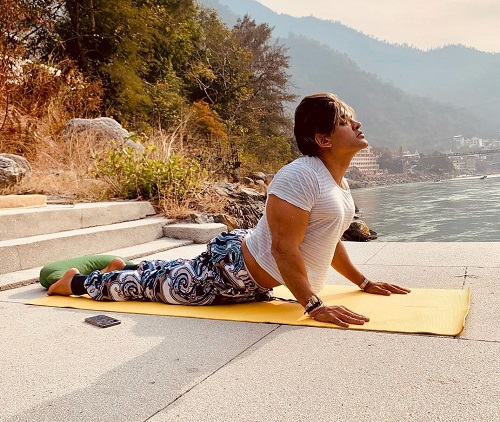
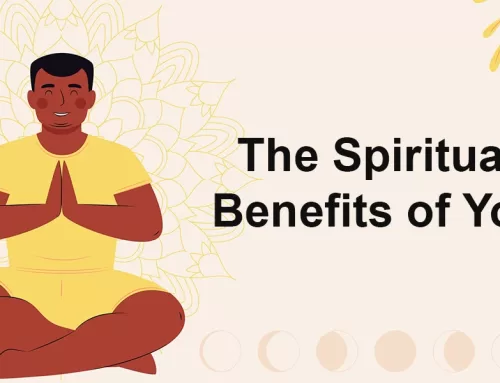
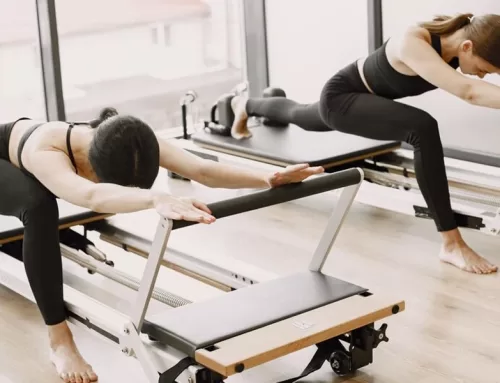
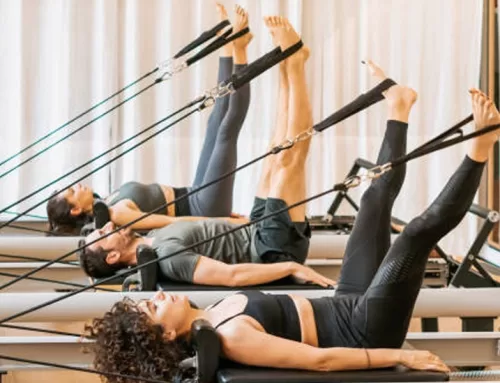
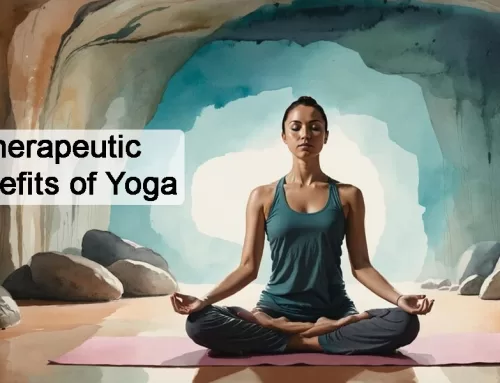
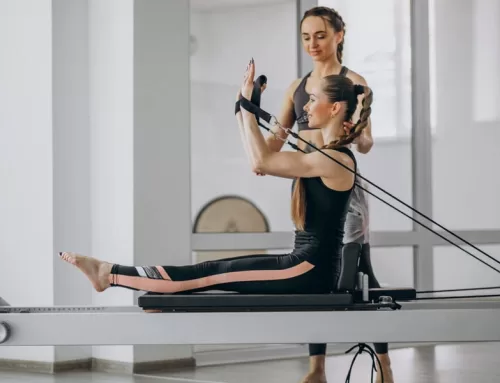
Great Personality
The best person
[…] supplementation can reduce symptoms such as bloating, mood swings, breast pain, food cravings, and anxiety or insomnia. For some women, PMS is not very serious an issue, but for some, it is extremely painful […]
[…] has different triggers, and identifying them is one of the most important steps to coping with and managing anxiety attacks. Identifying your triggers can take some time and self-reflection. In the meantime, there […]
[…] different triggers, and identifying them is one of the most important steps to coping with and managing anxiety attacks. Identifying your triggers can take some time and self-reflection. In the […]
[…] of us relate yoga with mindfulness and meditation. Yoga is not thought of as a weight-loss strategy because it is all about taking […]
[…] of acne may not usually be physically harmful, but they have been associated with a higher risk of anxiety, depression, suicidal thoughts, social phobias, and low self-esteem. Depending on its severity, you […]